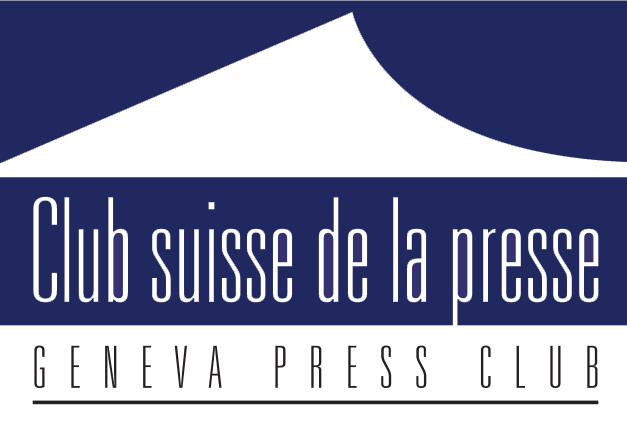Presentation of the Research Paper “Vortex of Pain: Human Rights Implications of the Israel-Gaza Armed Conflict”
Presentation of the Research Paper “Vortex of Pain: Human Rights Implications of the Israel-Gaza Armed Conflict”
#Partner Event
The Geneva Press Club and the Geneva Center for Human Rights Advancement and Global Dialogue are pleased to invite you to a conference with :
- Dr. Umesh Palwankar, Executive Director, Geneva Center for Human Rights Advancement and Global Dialogue
- Prof. Surya Deva, UN Special Rapporteur on the Right to Development
- Prof. Claire Somerville, Director of the Gender Centre, Geneva Graduate Institute
- Prof. Mara Tignino, Senior Lecturer at the University of Geneva and Deputy Director of the Platform for International Water Law, Geneva Water Hub
Moderator: Luisa Ballin, journalist, Geneva press club
In light of the tragic events unfolding since 7 October 2023, the Geneva Centre, in its capacity of an independent human rights think-tank and advocacy institution, decided to undertake an in-depth review of authoritative reports to extract relevant facts and figures, and on this basis draft a concise but comprehensive research paper.
The aim of the research paper is to depict from a strictly legal and objective standpoint, and by adopting a holistic approach, the current human rights situation on the ground resulting from the armed conflict; the entire spectrum of human rights that have been subject to violations; the mid to long-term implications of the large-scale destruction and displacement on all three generations of human rights of the affected population; and provide an analysis of the existing international structures and mechanisms to ensure compliance with human rights law.
The research paper is highlighting the very broad range of human rights impacted by the hostilities, as analysed in detail in the research paper. These would include:
- The right to life, encompassing most notably the use of force; cases of death resulting from attacks on or collateral loss of life of civilians, but also from starvation and from lack of access to medical treatment; and the treatment of the dead; an overview on detention and prosecution, including reasons of arrest, treatment during detention, and due process guarantees accompanying deprivation of liberty.
- The right to an adequate standard of living through the lenses of the immediate and long-term repercussions on right to health, notably through the devastation of medical infrastructures; the direct and indirect impact of the armed conflict on food production; and the right to water and sanitation, including the spread of diseases related to the destruction of WASH infrastructures, the right to housing. The presentation will refer to the destruction of and damage to civilian objects and infrastructure resulting from the conflict and the ensuing displacement, as well as the impact of the armed conflict on access to education.
The presentation will equally cite restrictions on freedom of movement, its links to food security and impact on accessing services, as well as evoke the differentiated risks to which population groups and professions with different vulnerabilities are exposed to, amongst others displaced persons and specific professions such as humanitarian workers; civil society actors; journalists and media.
The oral presentation of the report would offer an excellent opportunity for constructive dialogue and exchange with Permanent Missions, NGOs, academia, the media and other stakeholders present and to gather valuable views and suggestions. Reflexions on improving the effectiveness of UN human rights mechanisms in ensuring compliance with international human rights standards will be highly appreciated.

